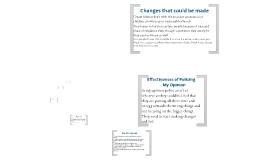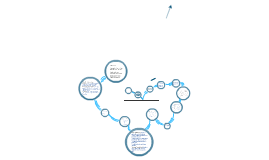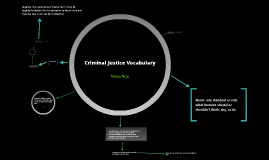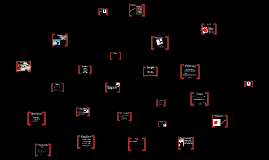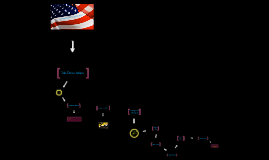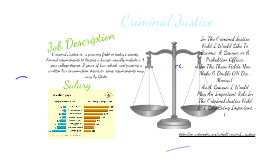Criminal Justice
Transcript: United States has one of the highest incarceration rates Contributes to citizens feeling safe There are a lack of resources to develope alternative programs A Felony = State Penitentiary A Misdemeanor = County Jail Indeterminate Sentences; When legistlature proscribes a minimum and maximum jail sentence, but where the trial judges, correctional authorities, or parole boards ultimately determine when an offender is released. Determinate Sentences; (Regained popularity in the 1970's) When legislature sets forth the term of imprisonment for particular crimes. Sentencing Guidelines; An example of determinate sentencing used in many states and in the federal government Sentencing Disparity; Occurs when individuals receive different sentences for similar offenses. Sentencing Reform Act of 1984 is responsible for developing Federal Sentencing Guidelines for federal courts. Used to reduce sentencing disparity in federal courts. Habitual Offender Statute; requires the imposition of a specific sentence after the conviction of a third felony - normally life imprisonment. Predicate Crime; Previous offenses for which a defendant has been convicted. Death Qualified Jury; a jury in a criminal law case in the United States in which the death penalty is a prospective sentence. In death penalty cases, the bifurcated proceeding is split into two phases. 1. Deciding whether the person is guilty or not. 2. Deciding what the punishment should be. Bifurcated Proceedings; bisection of a case, segmennation in a case, segregation in a case, a two part-trial. Aggravating Circumstances; distinguishes one murder more serious than others. Factors; How many killed Murder for hire Felony murder Special status victims Criminal History Mitigating Circumstances; facts that serve to lessen a defendants culpability. Factors; Lack of criminal history Mental illness Troubled childhood Alternatives to Incarceration; Probation; A nonsecure method of providing supervision for criminal offenders while maintaining them in the community. Intensive Supervision Probation; (increasing popularity) allows offenders to remain in the community, under more strict supervision and additional restrictions Restitution; requires an offender to provide services or money as compensation for their wrong doing. Related Cases; Sentencing Reform Act of 1984; United States v Booker (2005) Mandatory Sentences; Apprendi v New Jersey (2000) Habitual Offender Statute; Ewing v California (2003) Incarceration; imprisonment, a common form of punishment Forfeiture; the taking or seizure of real of personal property that was used to commit or facilitate a criminal offense. Mandatory Sentences; Used to remove all discretion from the trial judge, normally set with a minimum number of years for specific crimes Commonly used by federal and state cases, and is rapidly growing typically used in cases involving the drug trade, white collar crime, conspiracy, and pornography several cases challenging the use, has been heard in supreme courts Civil; refers to the loss of property due to a civil proceeding Criminal; the loss of property that results as a penalty during a criminal proceeding






